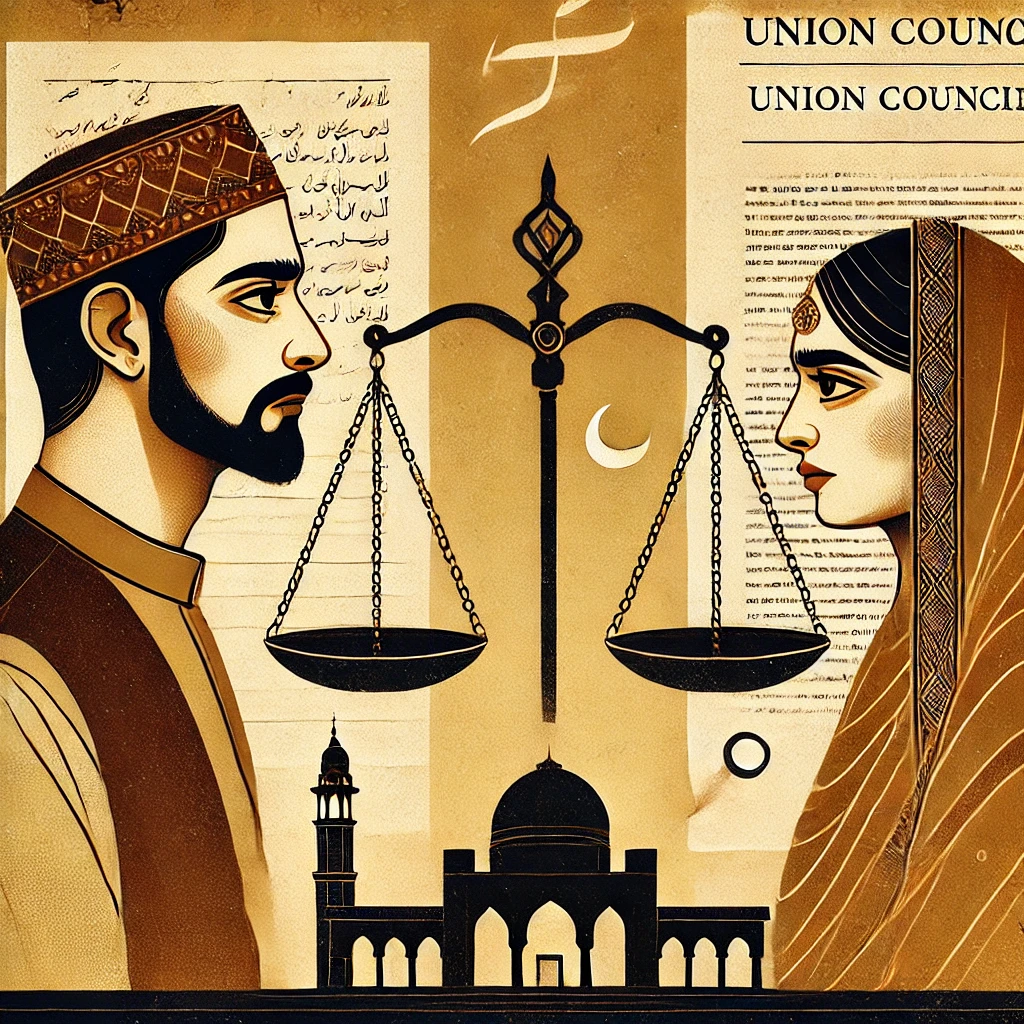
What is the Process for Filing for Divorce in Pakistan?
Filing for divorce is a significant legal process that requires a thorough understanding of the applicable laws and procedures. In Pakistan, divorce is governed by Islamic laws and codified in statutes such as the Muslim Family Laws Ordinance, 1961. Below is a comprehensive guide on the steps and requirements for filing for divorce in Pakistan, along with the relevant legal references and terms in their original form.
Types of Divorce in Pakistan
In Pakistan, divorce can take several forms, depending on the circumstances and mutual consent of the parties involved. The main types include:
- Talaq: Initiated by the husband.
- Khula: Initiated by the wife through the court.
- Mubarat: Mutual agreement between the husband and wife to dissolve the marriage.
Each of these types has its own legal requirements and procedures, as outlined below.
1. Talaq (Divorce by Husband)
Legal Framework
Talaq is regulated by Section 7 of the Muslim Family Laws Ordinance, 1961. According to this section, a husband who wishes to divorce his wife must follow a specific process:
Procedure
- Pronouncement of Talaq:
The husband must pronounce Talaq, clearly expressing his intent to divorce the wife. This can be done orally or in writing. - Written Notice to the Union Council:
After pronouncing Talaq, the husband is legally required to submit a written notice to the Chairman of the Union Council or the relevant local government body. This notice is mandatory under Section 7(1) of the Muslim Family Laws Ordinance, 1961. - Copy to the Wife:
A copy of the written notice must also be provided to the wife as per the law. - Arbitration Council:
Upon receiving the notice, the Union Council constitutes an Arbitration Council to attempt reconciliation between the parties within 90 days. If reconciliation fails, the divorce becomes effective after the expiration of the 90-day period.
2. Khula (Divorce by Wife)
Legal Framework
Khula is governed by Islamic principles and is implemented through court proceedings in Pakistan. Under the Family Courts Act, 1964, a wife can seek dissolution of marriage on specific grounds or by relinquishing her dower (mehr).
Procedure
- Filing a Suit for Dissolution of Marriage:
The wife must file a petition in the Family Court, stating her reasons for seeking Khula. Common grounds include incompatibility, cruelty, desertion, or irretrievable breakdown of the marriage. - Court Summons to the Husband:
The court issues a summons to the husband to appear and present his case. - Reconciliation Efforts:
The court may attempt to reconcile the parties through mediation. - Decree of Khula:
If reconciliation fails, the court grants a decree of Khula. The wife may be required to return the dower or any other benefits received during the marriage as per Islamic law. - Registration of Divorce:
Once the decree is granted, the wife must submit a notice to the Union Council for registration of the divorce. The Arbitration Council follows a similar procedure as in Talaq.
3. Mubarat (Mutual Divorce)
In Mubarat, both parties agree to dissolve the marriage amicably. The process involves:
- Written Agreement:
Both parties sign a written agreement expressing their mutual consent to dissolve the marriage. - Notice to the Union Council:
A joint notice is submitted to the Union Council, which then constitutes an Arbitration Council to confirm mutual consent and ensure all formalities are completed. - Finalization:
After completing the reconciliation period, the divorce is registered, and the process is concluded.
Important Legal Considerations
Registration of Divorce
Under Section 7 of the Muslim Family Laws Ordinance, 1961, registration of divorce is mandatory. Failure to notify the Union Council can result in penalties, and the divorce may be deemed invalid.
Jurisdiction
The jurisdiction for filing divorce cases lies with the Family Court of the district where the wife resides or where the marriage took place.
Grounds for Dissolution of Marriage by Wife
The Dissolution of Muslim Marriages Act, 1939 lists specific grounds on which a wife can seek dissolution, including:
- Absence of the husband for four years.
- Failure to provide maintenance for two years.
- Impotence of the husband.
- Cruelty or ill-treatment.
Role of Legal Representation
Navigating the divorce process in Pakistan can be complex, requiring a thorough understanding of Islamic and statutory laws. Engaging a competent lawyer is crucial to ensure compliance with legal requirements and to protect one’s rights.
If you are seeking legal assistance for filing for divorce or any related matters, you can contact:
Azam Ch Advocate
Sattaria Law Associates
Chambers No. 220, 221, 222
District Courts Okara
Mobile & WhatsApp: +923006954414
With extensive experience in family law, Azam Ch Advocate can guide you through the legal process, ensuring your case is handled with expertise and care.
Conclusion
Filing for divorce in Pakistan involves a well-defined legal process, governed by Islamic principles and statutory laws. Understanding the requirements and procedures for Talaq, Khula, and Mubarat is essential for anyone seeking to dissolve their marriage. By adhering to the legal framework and seeking professional legal assistance, individuals can navigate this challenging time with clarity and confidence.
For further advice and support, do not hesitate to reach out to legal experts like Azam Ch Advocate, who are well-versed in handling family law cases in Pakistan.




